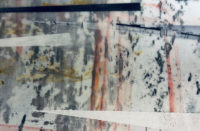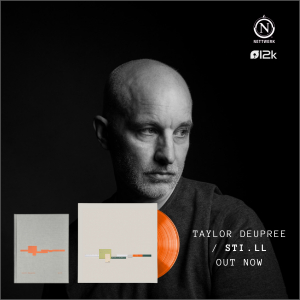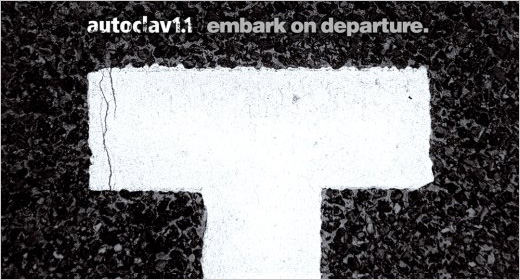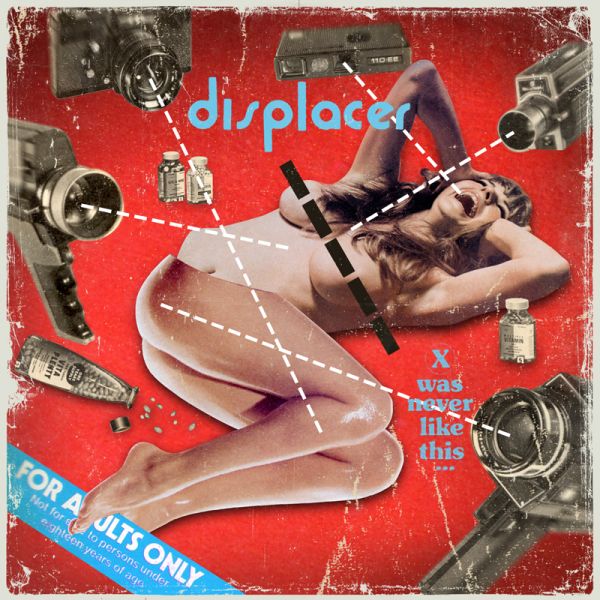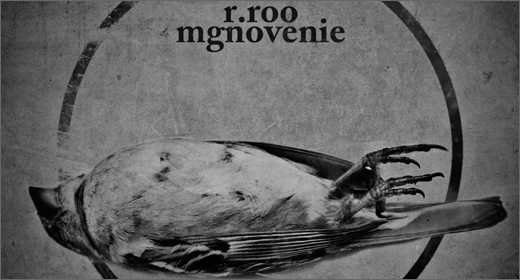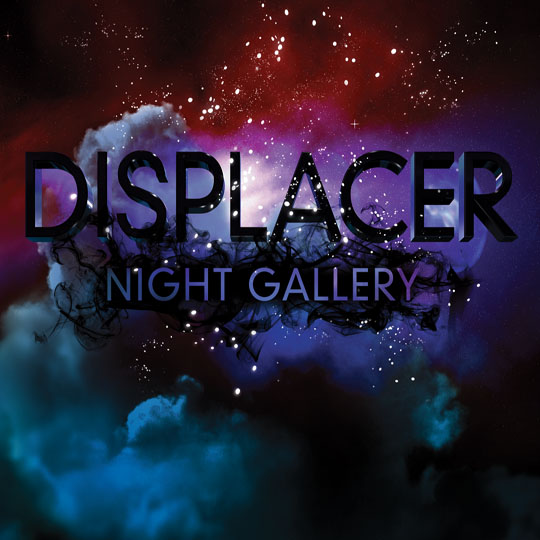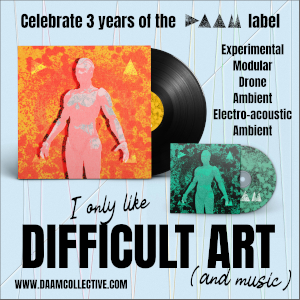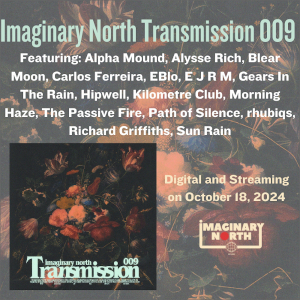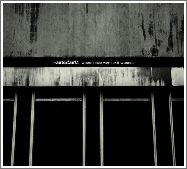
(February 2010) While still absorbing praise from his critically acclaimed 2008 release Love No longer Lives Here, Autoclav1.1’s Tony Young reached even deeper into his seemingly endless bag of talent to unleash a new collection of work. Fusing together a hybrid of broken beats, ambient, industrial and alternative eclectic electronica, Tony Young, responsible for all instruments, music, programming and lyrics, proves an artful composer. With many interwoven piano melodies, strings and electronic excursions, this album is a melting pot of modern beat programming, effective arrangements consisting of classical instrumentation, aggressive guitar work, gentle strings, plus the emotional backdrop of atmospheric electronic.
The ideas and creative energy contained within show no limits. With textures that build and become enriched with the life of the creative force behind this project, it’s a unique offering, of extreme melodic content. It’s incredibly catchy, and easy on the listener, despite some guitar parts with attitude to match even the most chaotic forces of nature. Random aggression however, is offset with gentle piano melodies that trickle through each track, casting cooler shades upon some of the harder edged explosions.
“Walk on Empty” is a simple catchy theme with a strong foundation. Its chugging guitar sounds support its excursion away from reality and standardization. It’s both danceable and likeable. “Taking Blood” brings its memorable string melody to the fore, which sits along side a standard dance beat. The indie styled guitar brings out a radio friendly edge to the track. “Do You Feel Disposable” is one of the albums most notable tracks, commencing with a pushy rhythm that is enriched with vocal melody, piano and strings. The track engages with an explosion of Prodigy styled distortion. The instrumentation and melodies work in counterpoint with one another creating a dense collage of creative colour. Yet more forceful effects of guitar emerge with “If Not Something, Anything.” Smoothed by synthetic light and steady beats, there’s a vocal feature that is reminiscent of Visage’s signature track “Fade to Grey.” A catchy bass line prevails throughout “Tomorrow,” its cleaner guitar adds a nice break point while strings and piano offer a less abrasive texture. The beats push the track forward, while the futuristic appeal of some harsher guitar sounds add an abrasive timbre. Throughout, there are gentle explosions of creative color.
With such scenic contrast contained within this album, “Falling Over Ghosts” offers a serene moment of gentle beat work, classic piano and textural expansion. Futuristic in its appeal, dark shadows cast upon abandoned buildings, however its gentle intermittent piano gives it a bright and tranquil flow as it transcends through any debris. Shadows lie hidden in those synth swirls that contain dark appeal. Sometimes it becomes an electronic haven, other times, it beckons the listener into obscurity. Providing a reflection of age-old techno in slower formation is “These Walls Have Seen All.” Additional beats take it further to its destination before a more bouncy outline is defined. A communication of many electronic experiments plus a DJ like mixture of inspired beats. A roller-coaster of fast paced fluorescent energies, a runaway personality and a haunting vocal sums up “An Idiosyncratic Oath.” The strings manoeuvre around just two notes in the most effective way. It’s an adrenalin-fuelled excursion, which again is grounded by its tuneful piano the mystic vocal harmony. Towards the end, two piano melodies interweave alongside blissful strings. “Those Opening Hours” has a beckoning diversion of melody throughout. Like two freeways running alongside each other, each taking over direction on brief moments – a very interesting weaving of alternate melodies. There appears to be an organic classical slant throughout the course of this album, however it’s probably at its most evident during “Summer,” which eases along quite blissfully bringing everything to a close.
Where Once Were Exit Wounds is a perfect example of direct opposites. There’s some superb use of abrasiveness, offset with gentle classical styled movements within the string and piano lines. Moody, demanding, and sometimes menacing, it has uplifting clarity, yet manages to paint mysterious portrait, which settles against a lonely backdrop.
Where Once Were Exit Wounds is out now on Tympanik Audio. [Listen / Purchase]








